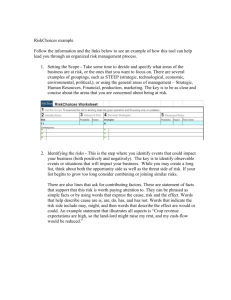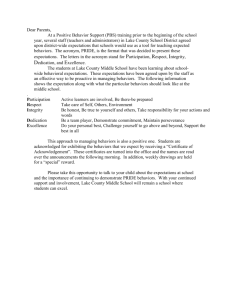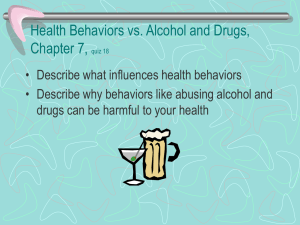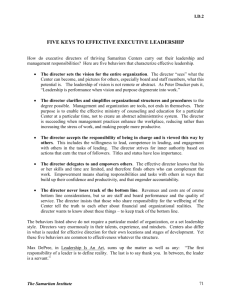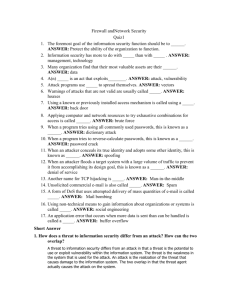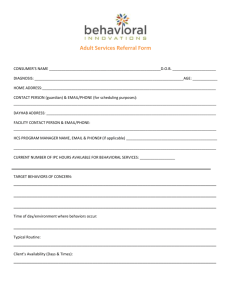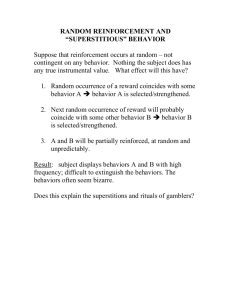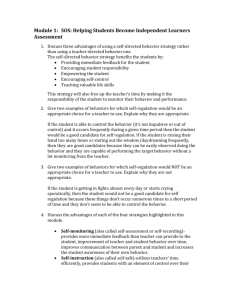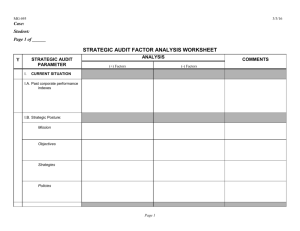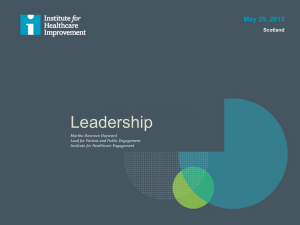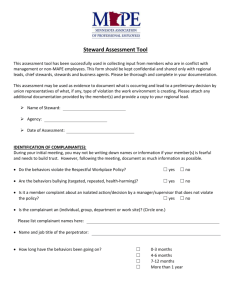Reasons for Reporting an Incident
advertisement
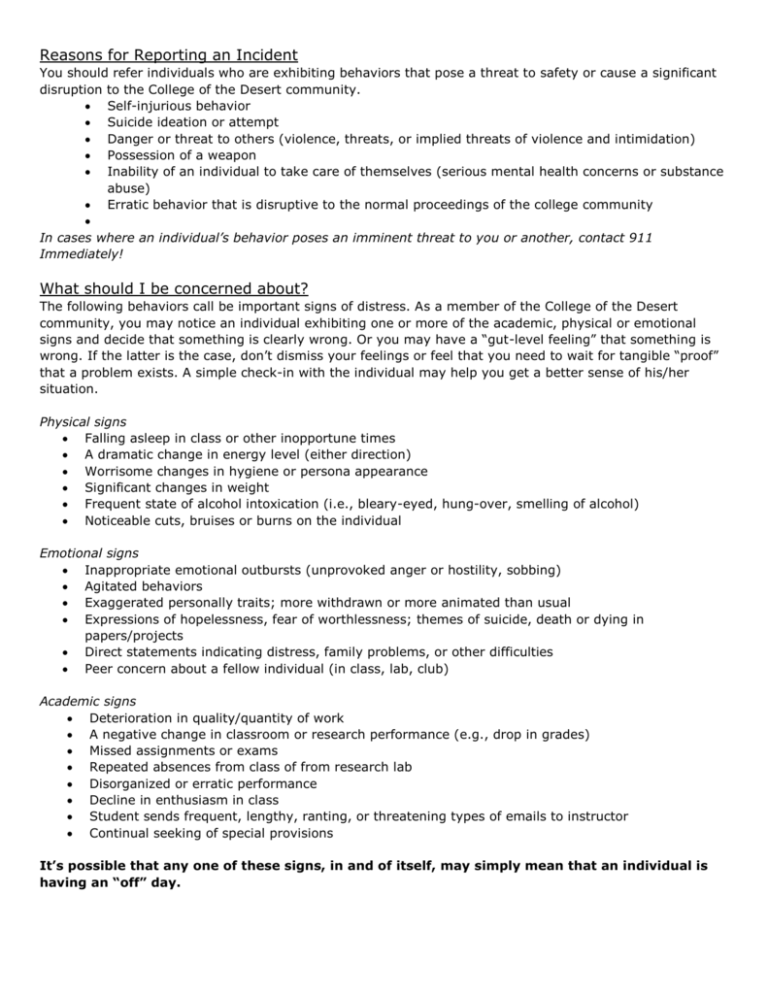
Reasons for Reporting an Incident You should refer individuals who are exhibiting behaviors that pose a threat to safety or cause a significant disruption to the College of the Desert community. Self-injurious behavior Suicide ideation or attempt Danger or threat to others (violence, threats, or implied threats of violence and intimidation) Possession of a weapon Inability of an individual to take care of themselves (serious mental health concerns or substance abuse) Erratic behavior that is disruptive to the normal proceedings of the college community In cases where an individual’s behavior poses an imminent threat to you or another, contact 911 Immediately! What should I be concerned about? The following behaviors call be important signs of distress. As a member of the College of the Desert community, you may notice an individual exhibiting one or more of the academic, physical or emotional signs and decide that something is clearly wrong. Or you may have a “gut-level feeling” that something is wrong. If the latter is the case, don’t dismiss your feelings or feel that you need to wait for tangible “proof” that a problem exists. A simple check-in with the individual may help you get a better sense of his/her situation. Physical signs Falling asleep in class or other inopportune times A dramatic change in energy level (either direction) Worrisome changes in hygiene or persona appearance Significant changes in weight Frequent state of alcohol intoxication (i.e., bleary-eyed, hung-over, smelling of alcohol) Noticeable cuts, bruises or burns on the individual Emotional signs Inappropriate emotional outbursts (unprovoked anger or hostility, sobbing) Agitated behaviors Exaggerated personally traits; more withdrawn or more animated than usual Expressions of hopelessness, fear of worthlessness; themes of suicide, death or dying in papers/projects Direct statements indicating distress, family problems, or other difficulties Peer concern about a fellow individual (in class, lab, club) Academic signs Deterioration in quality/quantity of work A negative change in classroom or research performance (e.g., drop in grades) Missed assignments or exams Repeated absences from class of from research lab Disorganized or erratic performance Decline in enthusiasm in class Student sends frequent, lengthy, ranting, or threatening types of emails to instructor Continual seeking of special provisions It’s possible that any one of these signs, in and of itself, may simply mean that an individual is having an “off” day.
